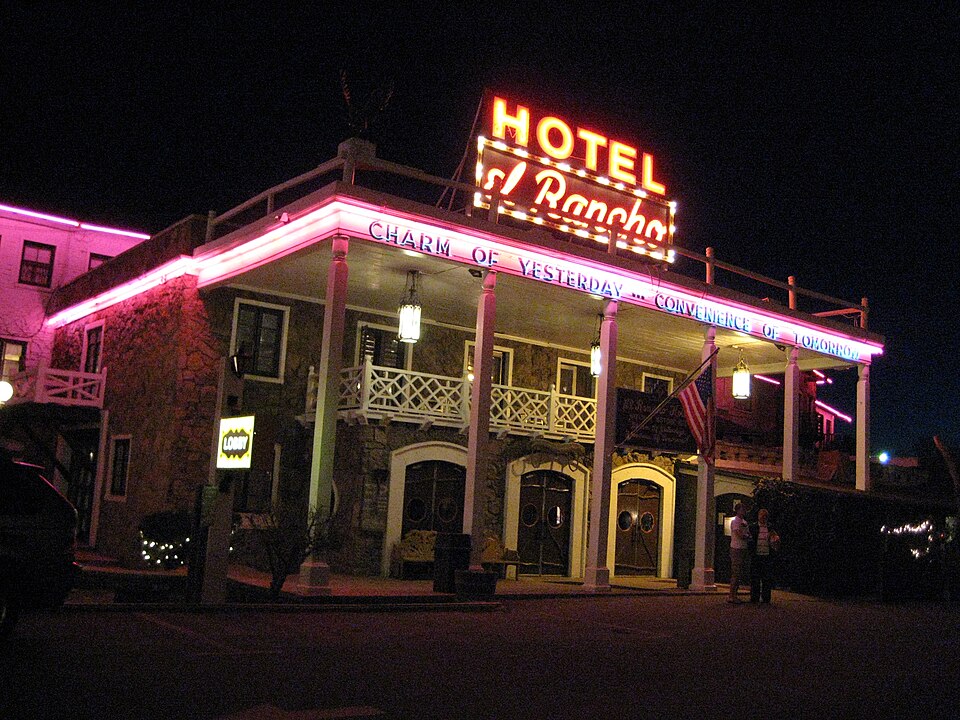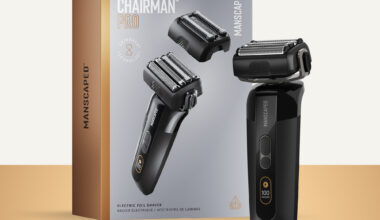Hotel habits evolve with technology, budgets, and what travelers actually value. The small details tell the story. Coin slots gave way to quiet sleep, heavy keys to tap-and-go access, and cluttered amenities to cleaner, simpler rooms. Sustainability pushed refills over tiny bottles, while staffing models shifted toward apps and lobby markets. Nostalgia still pops up in a few playful boutiques, but most properties trimmed what caused friction and kept what works. The goal is steady comfort, fewer surprises, and a room that resets a long day.
Vibrating Beds
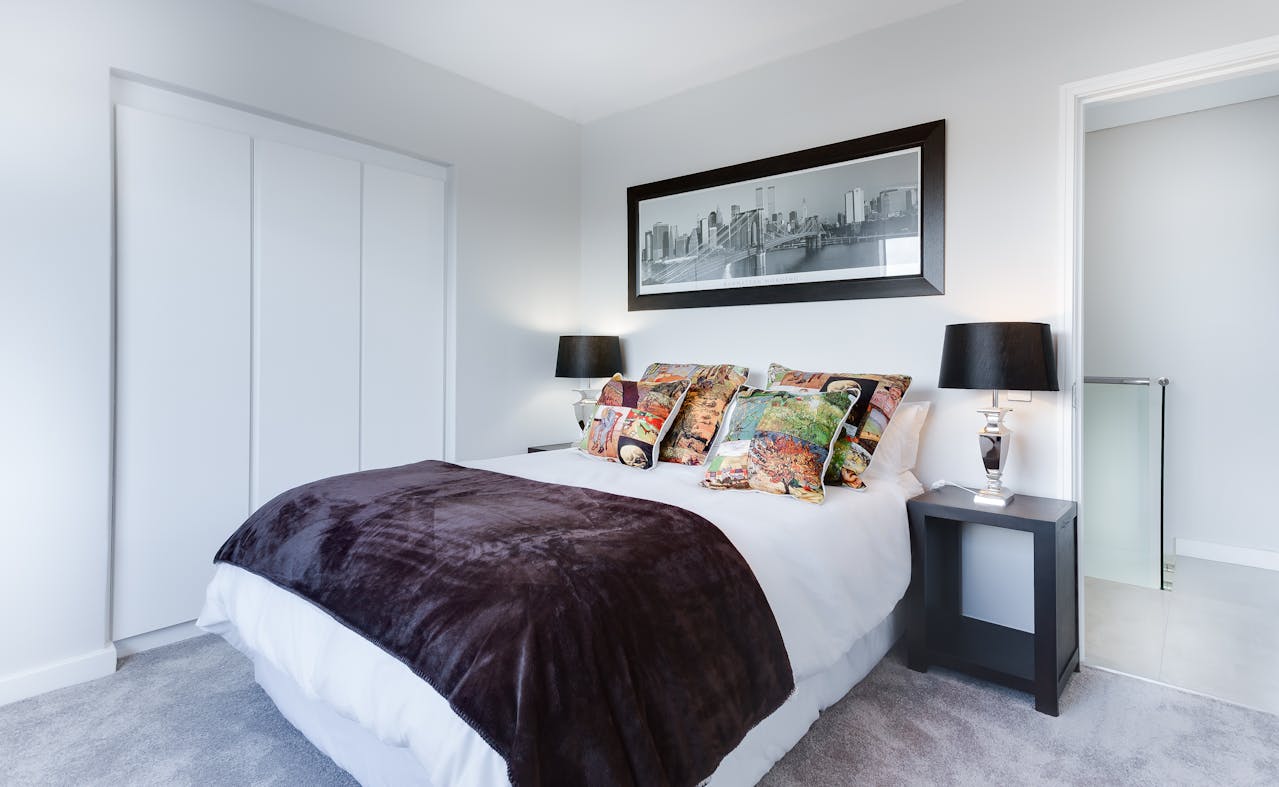
Coin operated Magic Fingers beds once buzzed through roadside motels, promising instant relaxation in fifteen minute bursts. The gimmick aged fast as better mattresses and pillow menus made the upcharge feel noisy and pointless. Maintenance crews disliked loose screws and rattling boxes, and housekeeping lost time troubleshooting quirks. A few retro properties keep one for fun, but modern brands chose silence and sleep quality. The bed now proves its worth without a coin box on the nightstand or a hum in the walls.
Old Hotel Keys
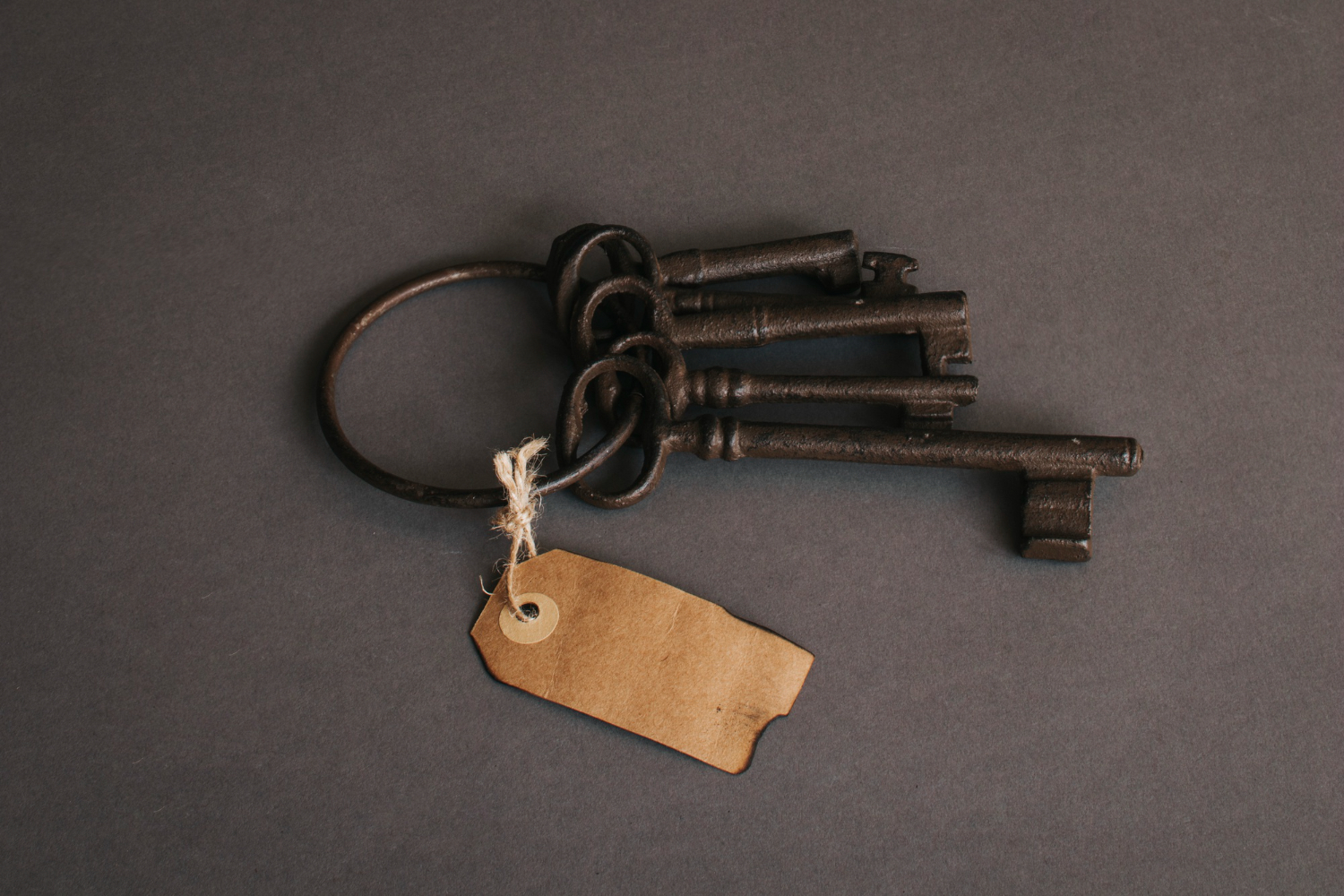
Heavy brass keys once slid across counters, tethered to oversized fobs that kept them from vanishing into pockets. Electronic cards delivered speed and security, with instant deactivation and painless reissue after a misplaced wallet moment. Some boutiques revive physical keys as a style signal, even in wood or recycled metals, but operations favor phone credentials and tap access. The ritual of leaving a key at reception shifted from daily habit to curated nostalgia, and front desks move faster because of it.
Paid Wi-Fi
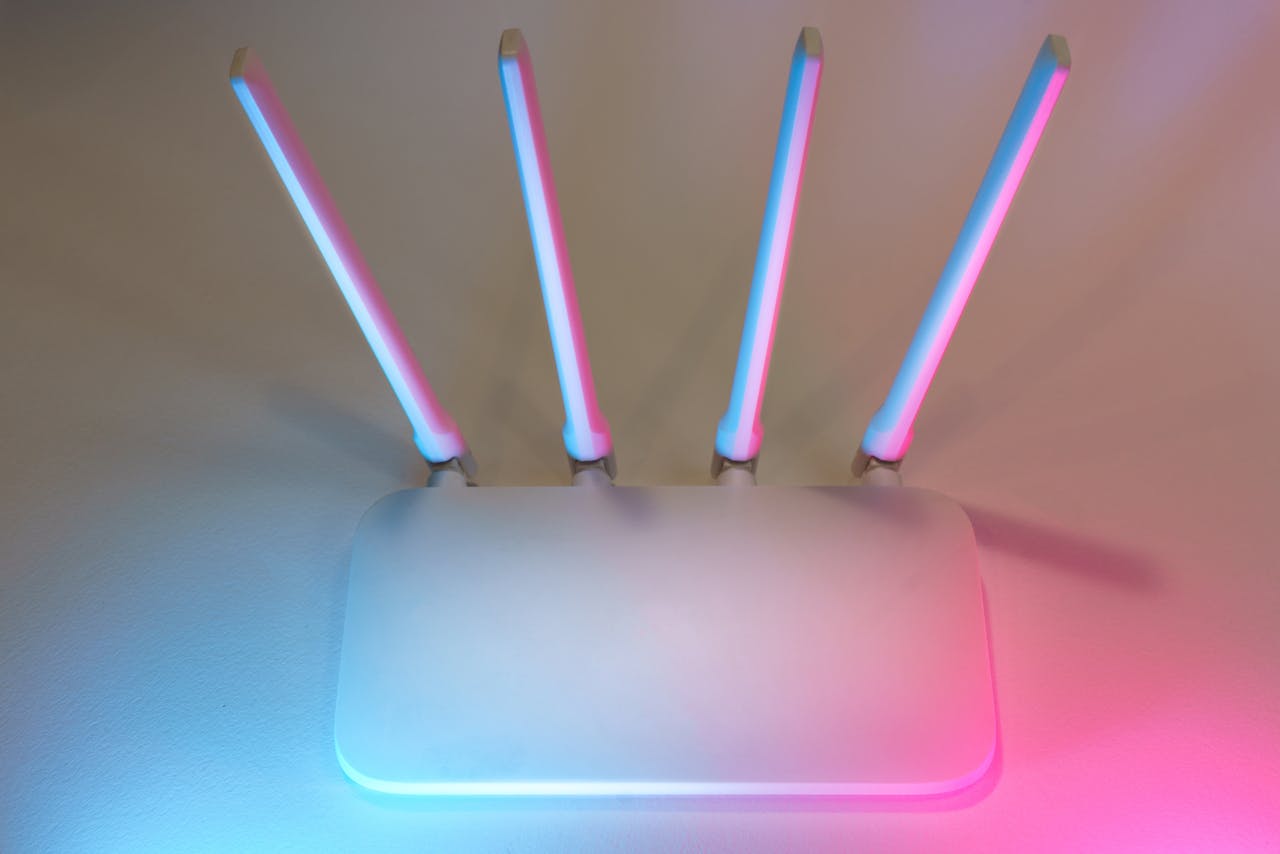
Early web years turned connectivity into a billable extra, with dial up charges, lobby only access, or tiered plans that stalled at dinner time. As streaming and remote work became routine, baseline Wi-Fi joined hot water and a working thermostat on the list of expected essentials. Many brands bundle stronger speeds into loyalty tiers or resort fees, while tech teams focus on coverage and uptime instead of receipts. The measure now is reliability across halls and elevators, not what the router earns.
Single Use Plastics
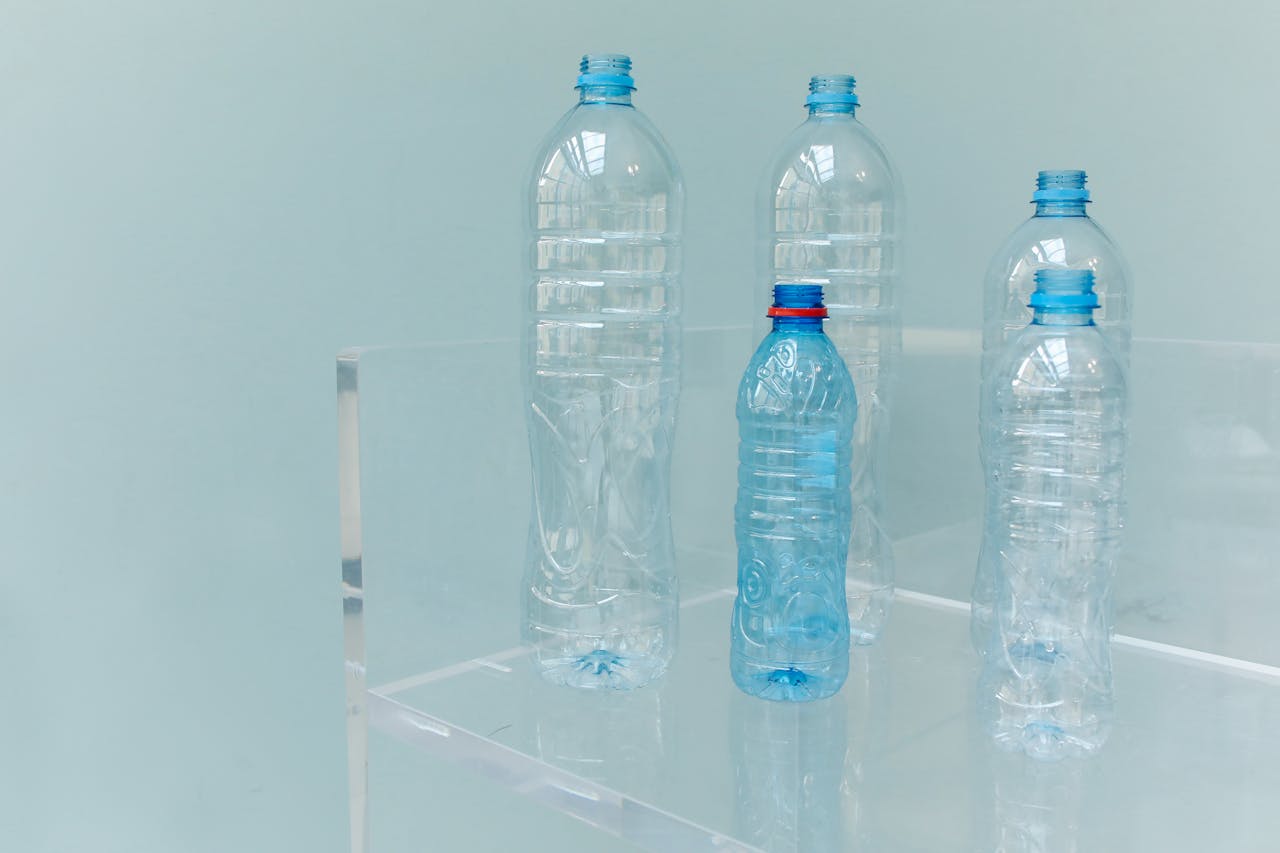
Tiny shampoo and wrapped soap once lined ledges like souvenirs, then became symbols of waste and supply headaches. Refillable dispensers and amenity recycling programs cut trash, simplified restocking, and matched sustainability targets that guests actually notice. Adoption moves quickest in midscale and upscale brands, with budget properties following as contracts turn over. The experience shifts from collecting samples to simply having enough product for a real shower. Housekeeping wins minutes back, and bins stop overflowing with little bottles.
Overpriced Minibars

Sensor shelves and twenty dollar water turned the minibar into a checkout argument waiting to happen. Charges posted late, calls stacked up, and staff spent time reversing fees no one wanted. Many hotels removed them or left fridges empty, steering cravings to lobby markets, delivery apps, or complimentary stations that feel like hospitality rather than a trap. A few luxury addresses stock free snacks and drinks to set a tone. Fewer moving parts mean fewer errors and calmer departures.
Smoking Rooms

Smoking once sat beside nonsmoking as a standard option, then faded as policy and preference shifted. State bans accelerated the trend, and major brands went smoke free regardless of local rules to protect air quality and speed room turns. Designated outdoor areas remain, usually away from pools and patios, while housekeeping no longer battles ghost odors in fabrics. Guests breathe easier, complaints drop, and maintenance costs shrink. Clean air feels like an amenity without a line on the folio.
Exterior Corridors
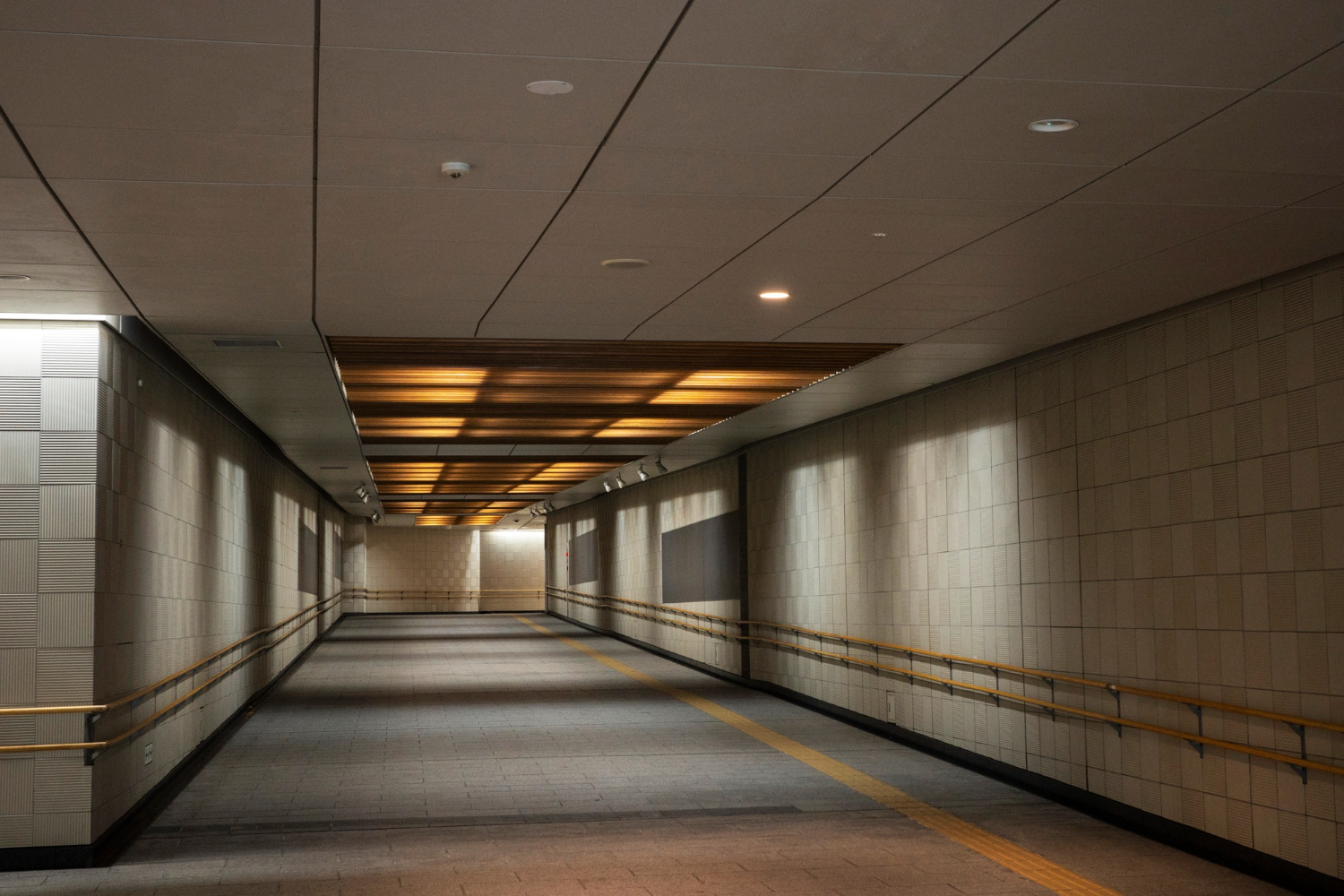
Motel style exterior corridors made dawn departures easy, but they amplified noise and security concerns, especially in busy highway districts. New builds favor interior halls, controlled entrances, and carpet that softens footsteps, a layout that fits urban footprints and solo travel patterns. Outdoor access saw brief favor during distancing, then receded as operations normalized. The lobby returned as the front door, with lighting, cameras, and staff sightlines supporting calm nights. Suitcases roll farther, but rooms sleep better.
Front Desk Staff

Staffing gaps and contactless habits moved check in from counters to screens. Kiosks print keys, apps unlock doors, and chat handles late requests while teams lean resources into housekeeping and engineering. High touch hotels still invest in greeters and concierges who solve problems before they grow, but many lifestyle and midscale properties prize speed and predictability. Hospitality did not vanish; it changed channels, surfacing in prompt replies and rooms that work on arrival. The smile often appears in the app.
